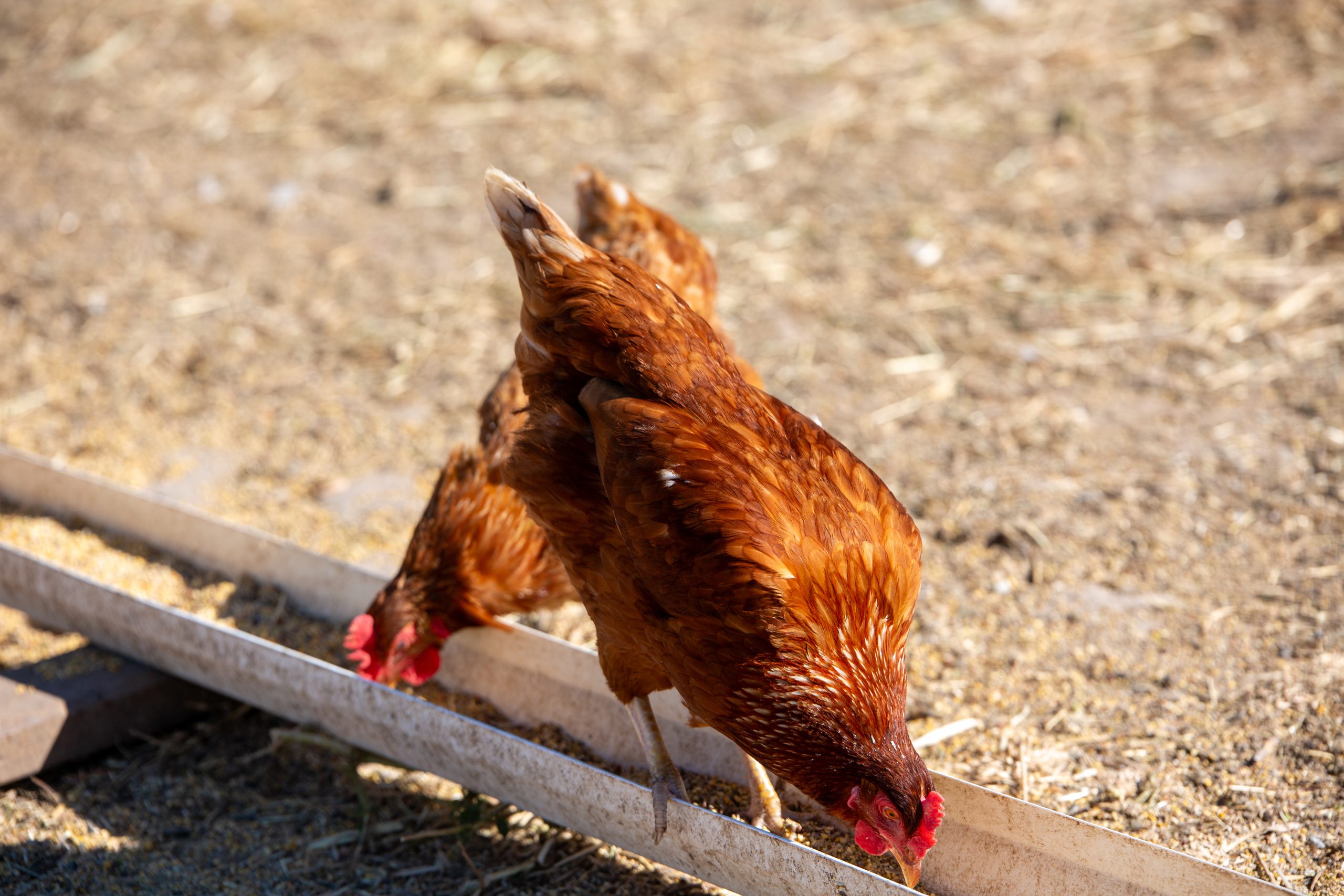Four more Iowa farms confirm HPAI infection

The Iowa Department of Agriculture and Land Stewardship and the United States Department of Agriculture Animal and Plant Health Inspection Service have confirmed four positive cases of highly pathogenic avian influenza in Iowa. Three of the farms are in Clay County and the fourth is in Hamilton County.
The three affected sites in Clay County are game bird duck farms, with one of the farms also containing a small backyard mixed species flock. The affected site in Hamilton County is a flock of commercial breeding chickens.
Commercial and backyard flock owners should prevent contact between their birds and wild birds. Sick birds or unusual deaths among birds should be immediately reported to state or federal officials. Biosecurity resources and best practices are available on the Iowa Department of Agriculture and Land Stewardship website. If producers suspect signs of HPAI in their flocks, they should contact their veterinarian immediately. Possible cases must also be reported to the Iowa Department of Agriculture and Land Stewardship at 515-281-5305.
According to the U.S. Centers for Disease Control and Prevention, the recent HPAI detections in birds do not present a public health concern. It remains safe to eat poultry products. As a reminder, consumers should always utilize the proper handling and cooking of eggs and poultry products, including cooking to an internal temperature of 165 degrees F.
About HPAI
HPAI is a highly contagious viral disease affecting bird populations. HPAI can travel in wild birds without those birds appearing sick, but is often fatal to domestic bird populations, including chickens and turkeys. The virus can spread through the droppings or the nasal discharge of an infected bird, both of which can contaminate dust and soil.
Signs of HPAI may include:
• Sudden increase in bird deaths without any clinical signs
• Lethargy or lack of energy and appetite
• Decrease in egg production
• Soft, thin-shelled or misshapen eggs
• Swelling of the head, eyelids, comb, wattles, and hocks
• Purple/blue discoloration of the wattles, comb, and legs
• Difficulty breathing
• Coughing, sneezing, or runny nose
• Stumbling or falling down, and
• Diarrhea.
For additional information on HPAI, please visit the Iowa Department of Agriculture and Land Stewardship’s website.
Sign up for HPJ Insights
Our weekly newsletter delivers the latest news straight to your inbox including breaking news, our exclusive columns and much more.



